Participation In PE – A Playbook For Success
PLT4M
NOVEMBER 25, 2024
Report Card on Physical Activity For Children and Youth from the Physical Activity Alliance has long served as a trusted resource for measuring and monitoring data surrounding overall physical activity and more specifically, physical education. Grade 10: 53.3% Grade 11: 40.2% Grade 12: 33.0%

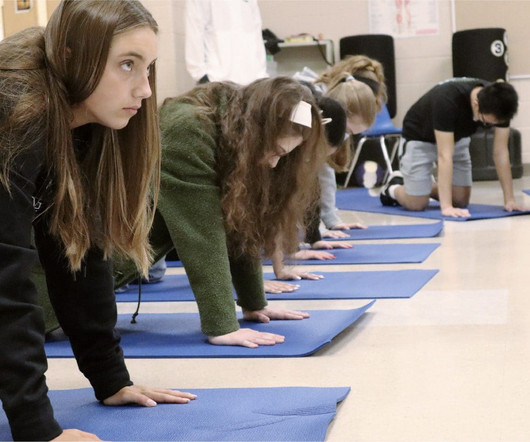
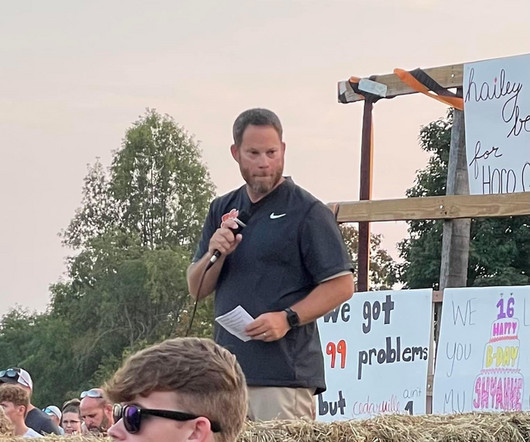
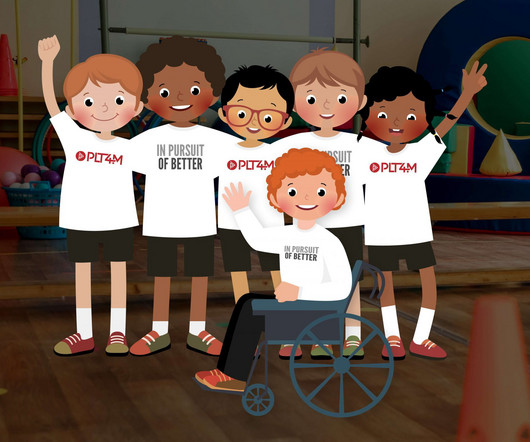
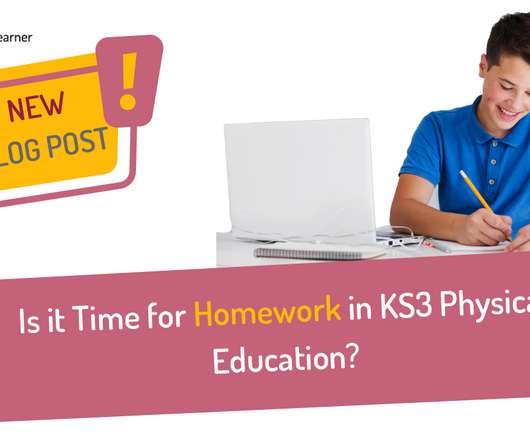
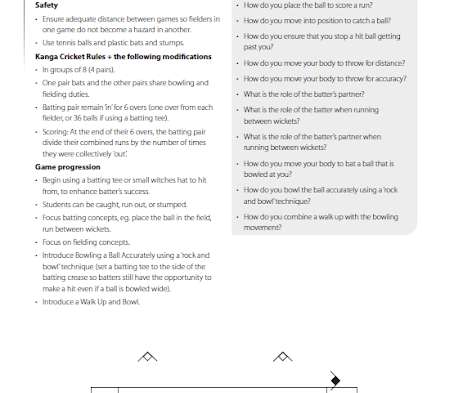
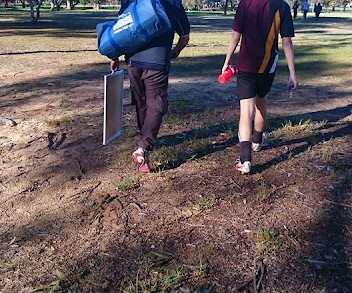






Let's personalize your content